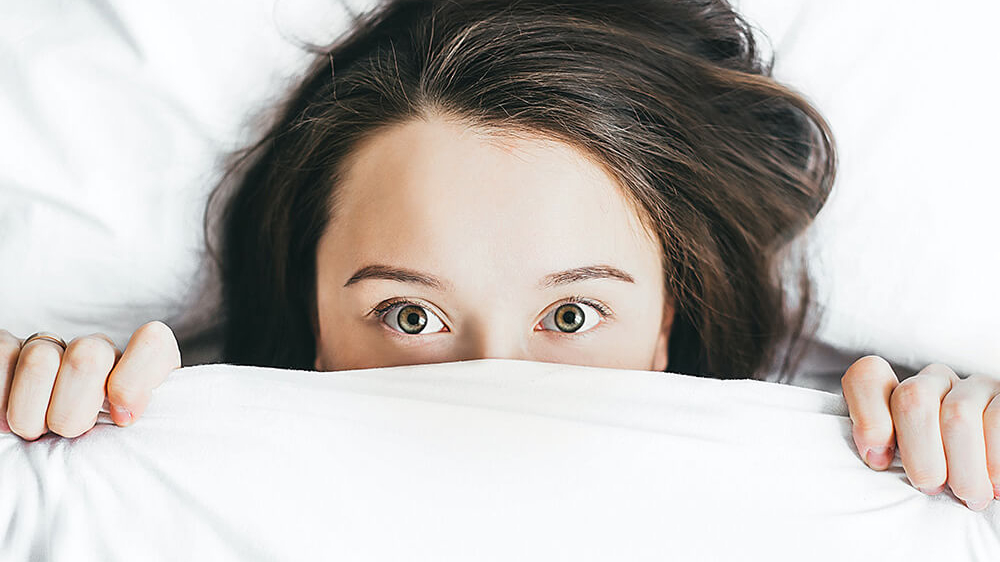Insomnia: What you need to know for your mental health
Do you have trouble falling asleep or staying asleep?
Do you find yourself up late at night for no particular reason, tossing and turning until the sun comes up?
If so, you may have insomnia. This article will help give you the information that you need so that you can better manage your sleep issues.
What is insomnia?
Insomnia is a sleep disorder that affects around 40 million people in the US.
Insomnia can range from occasional sleeplessness to chronic insomnia, which means someone has had more than one week of poor quality sleep or not slept at all for over three months.
Insomnia causes many issues but a couple common ones include:
- Feeling moody or off cognitively
- Feeling anxious or depressed
- Experiencing physical pain or headaches
Why does insomnia happen?
There are many factors that can cause insomnia.
Some of these include:
- genetics
- stress and anxiety
- medications like caffeine or alcohol
- an uncomfortable bed or sleeping environment (too hot/cold)
- light exposure interrupting the production of melatonin and therefore leading to sleeplessness
depression or other mental health issues
Sometimes, none of these causes may be present and a person can still experience sleep issues.
The next section of this article will outline ways you can try to get a better night’s sleep.
Tips for sleeping better at night
Sleep in a cool, dark room
Turn off electronic devices at least an hour before bed
Try to go to bed and wake up at the same time every day for more consistency
If you find yourself getting into bed too late in the evening and putting more pressure on yourself to fall asleep, try gradually going to bed earlier in 15-30 minute increments.
Avoid caffeine after noon or alcohol before sleep
Exercise regularly, but not within three hours of going to bed. However, a walk outside and getting fresh air is always recommended at anytime.
Limit your intake of sugar and dairy products late in the evening
Resources on how to sleep better at night
What do I do if I still can’t sleep?
If untreated, insomnia may lead to other health issues and depression.
It’s important to talk with your doctor about how you are sleeping if you find yourself having trouble falling asleep at night or staying asleep throughout the night on a frequent basis.
A therapist may also help in this situation as they have experience working through these difficulties.
There are several different treatments for insomnia including medication and cognitive behavior therapy (CBT).
A therapist can give you specific recommendations and help you overcome any obstacles.
Talk to someone who can get you the sleep you want.


